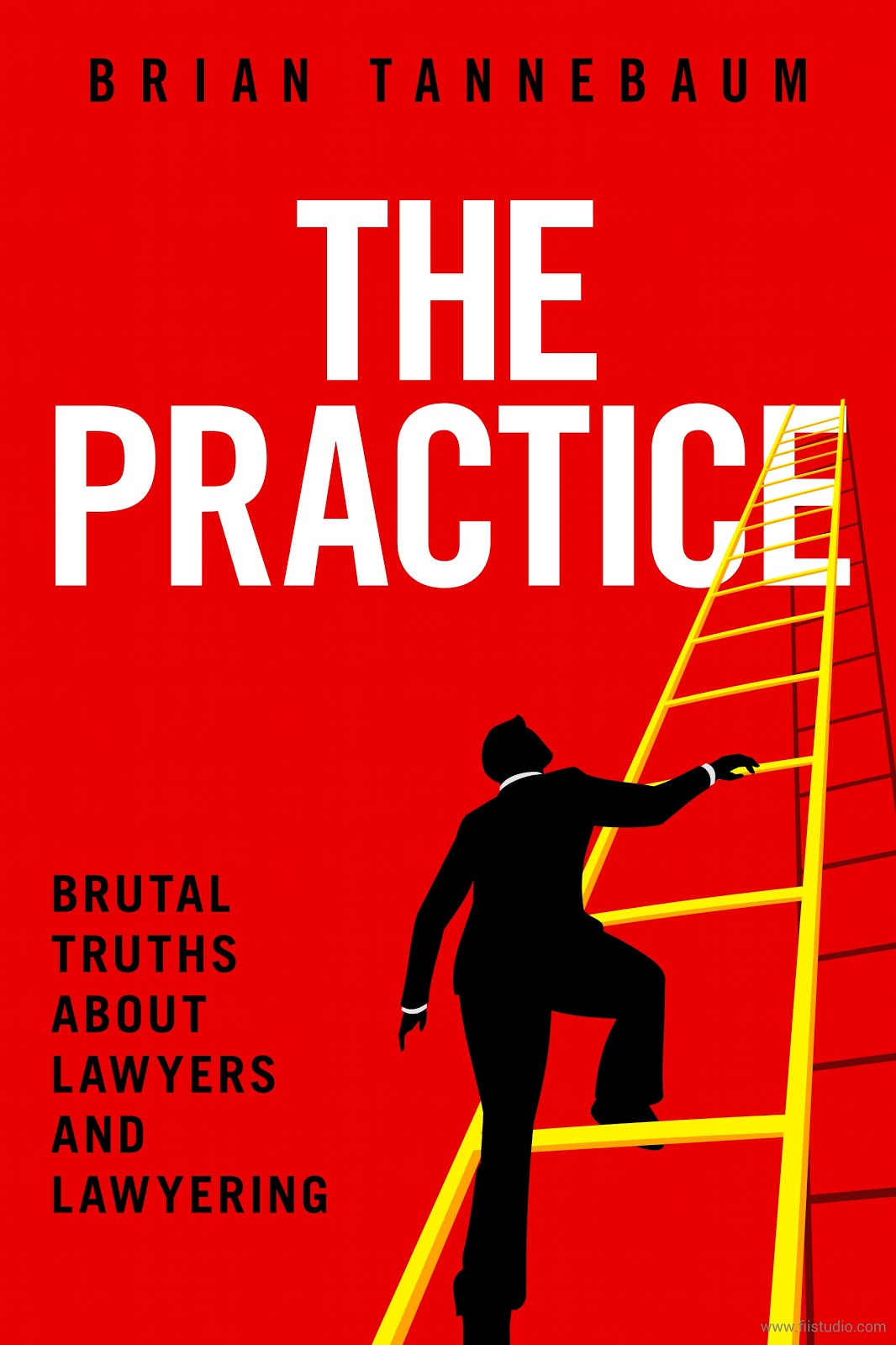This blog is also evident that I am happy to criticize lawyers and the profession, as I think it creates a discussion of where we are, and where we're going.
And now, American Express has joined the discussion with an article entitled 16 things your lawyer won't tell you.
I assume American Express will follow this article up with 16 things your doctor wont tell you, followed by 16 things your accountant wont tell you, followed by a slew of articles regarding the 16 things other types of their cardmembers wont tell you.
The article is actually a compilation of what others have said, and there's nothing in it that doesn't have some truth to it.
The article begins:
While most lawyers are honest professionals, the legal industry does have its share of rotten apples. From overbilling to downright incompetence, our recent interviews with legal experts revealed 16 dirty secrets bad attorneys don’t want you to know.
That's followed by:
1. I use forms but charge you as if I did it from scratch.
2. I hand off work to peons but charge you a lawyer’s rate.
3. My Ivy League education doesn’t make me a better lawyer.
4. I hope you don’t look too closely at the expense report.
5. You don’t really need me.
Number 8 is one of my favorites
8. I don’t know much about the law.
The legal system is so complicated that most attorneys are only experts within a very specific niche. Just as you wouldn’t ask a podiatrist to perform open heart surgery, don’t expect your personal injury lawyer to give you sound trademark advice. Your best bet is to find out how long the attorney has practiced in the specific area in which you need help, and what percentage of his practice is in that area, suggested Bradley R. Gammell, Esq., of Gammell & Associates.
I also like number 9, but wonder why a referral fee is referred to in the more criminal term of "kickback." I don't take or pay referral fees, but there's nothing remotely wrong with doing so.
9. I don’t refer you to the best lawyers.
Because most attorneys are only experts in specialized niches, they often have to refer clients to other attorneys who are more qualified in the client’s area of need. In many jurisdictions lawyers are allowed to pay each other referral fees as long as the fee is properly disclosed to the client. While technically legal, this practice creates a bad incentive for lawyers to focus more on the size of the kickback than on the welfare of their clients.
Also:
10. Your bill is only a guesstimate.
11. I don’t have to tell you how I screwed up in the past.
12. I put on a tough act but that won’t actually help your case.
It ends with a call to the masses:
Do you trust your attorney? Please share your thoughts and legal horror stories in the comments.
I don't know how many American Express cardmembers are lawyers, and although I find it ballsy that a conservative company like American Express truly treats their open forum as such, I wonder whether anyone would take the time to produce follow-up articles on other professionals.
I bet not.
Located in Miami, Florida, Brian Tannebaum practices Bar Admission and Discipline and Criminal Defense. He is the author of I Got A Bar Complaint.


